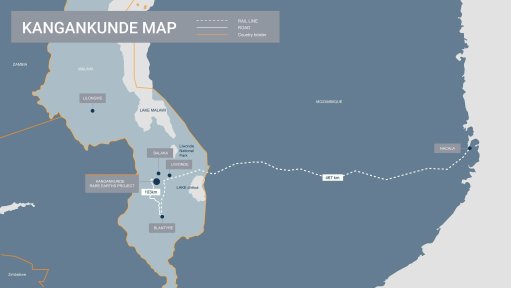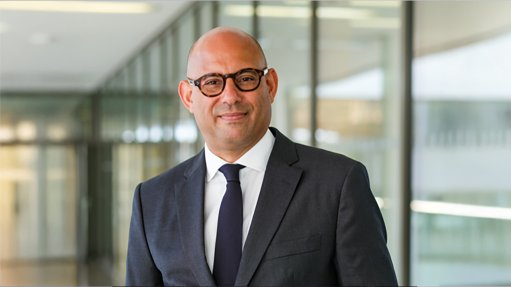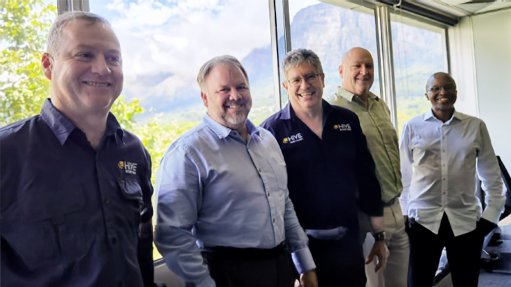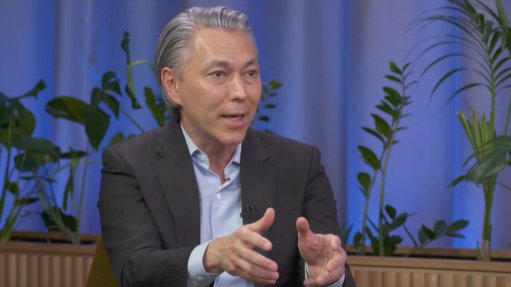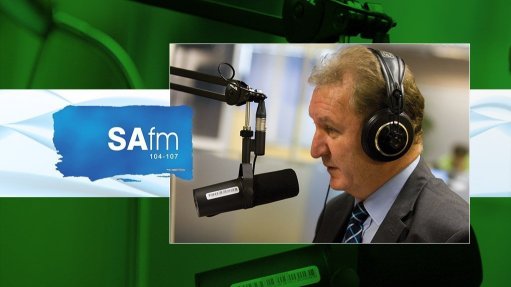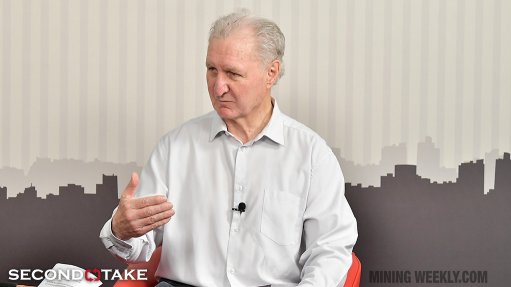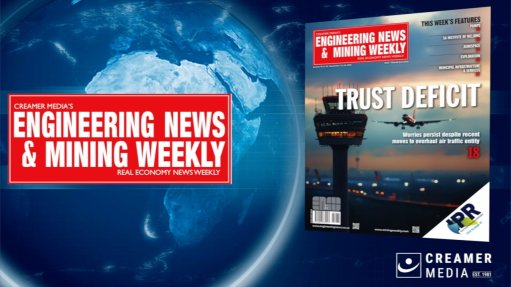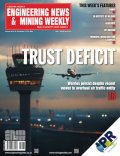Skills shortages detrimental to mining projects

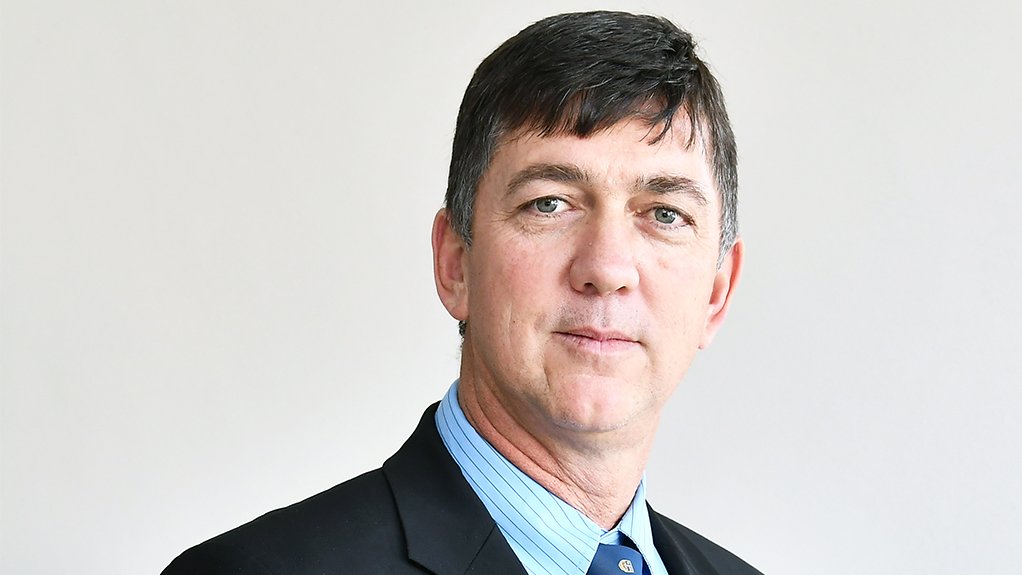
HENRY JONKER As a global organisation, Wood really tries to do work on a global platform
To carry out any mining project, one must have the necessary tools, skills and knowledge to optimise time and produce high-quality work. Ability to do this requires continuous development, training and upliftment of personnel to avoid any skills shortages, says consultancy firm Wood mining and minerals VP – Europe, Middle East and Africa (Emea) region Henry Jonker.
He says we are currently experiencing a shortage in skills, which could be caused by several reasons, such as the insufficient training of youth, the lack of continuous development of talent in the sector and the loss of skills to international markets.
To ensure South Africa does not experience a dearth of skills, specifically in the mining industry, it is vital to attract individuals to undertake artisan programmes, engineering development programmes or similar training initiatives. This will help expand the talent base and maintain South Africa as a hub of industry specialists.
“However, the problem arises when the youth in South Africa perceive these programmes and initiatives as an unappealing career path.”
It is integral for an industry that seeks growth and sustainability to motivate individuals to enrol in the more foundational engineering specialisations, ranging from artisan level to engineering, to provide them with a better understanding of the production aspect of the mining industry and gain the vital experience required to provide the “practically sound technical solutions” that clientele demand, adds Jonker.
These skill sets equip individuals to be accurate and efficient as well as problem-solvers who can effectively time-manage – all the characteristics required in the mining industry – and teaches them how to operate under pressure and handle projects independently.
This will prepare individuals to navigate the mining industry with relevant experience which will aid them in their career path. The mining industry has developed, but while the market has changed, working in the mining industry is still a “tough” job, he says.
Further, Jonker believes that if the necessary training, development and upliftment of youth in the industry is not forthcoming at a foundational level, consultancies will have to implement training and development programmes in order to avoid skills shortages now and in future, which unfortunately does not replace the practical experience achieved from working on an operation.
He says this could lead to challenges in the future for operators in ensuring the effective training and development of graduates is balanced against ensuring the profitability of their operations, however, it is advisable to confront these challenges head-on as doing so is key if players in the industry are to ensure their prolonged success.
If consultancies secure large projects, then the opportunity for employing graduates becomes easier, as they can partner with an experienced operator.
However, if operating solely on smaller projects, then the employment of graduates proves difficult, as it poses numerous risks, such as project interruptions, slower productivity, and stringent quality control checks, which can lead to production losses. There are also reputational risks involved which could tarnish the consultancy’s name when tendering on future work.
Fortunately, Jonker’s business unit is working on large projects, which has enabled them to employ graduates and implement their own training and development internally with the necessary supervision of experienced operators.
“As a global organisation, we really try to do work on a global platform,” Jonker states.
Further, the business unit has secured contracts with new clients for engineering services to deliver major capital investment projects across the EMEA region, including Uzbekistan.
For these projects, the company has secured a team of 320 people in Johannesburg, successfully engaging its global network to expand its offering to clientele with the support of offices based in Milan, Santiago, Australia, India and many others.
Jonker says the reason for their current projects being spread globally is owing to the increase in capital project spend worldwide and the need for more skilled individuals in South Africa, adding to the requirement and need to train and develop individuals locally and internationally.
“This is also our way of combatting the potential issue of skills shortages – by using many regions to complete a project,” he explains.
Jonker’s business unit’s existing projects combine experienced operators and numerous graduates.
The very real skills shortage in the mining industry is a global challenge. Some clients mark their capital expenditure at a set value because it is believed that the industry can support only a designated amount, which, in turn, results in a restricted number of engineers and construction people employed on projects.
Therefore, the industry’s growth is limited to the skill sets available to perform the required activities, Jonker concludes.
Comments
Announcements
What's On
Subscribe to improve your user experience...
Option 1 (equivalent of R125 a month):
Receive a weekly copy of Creamer Media's Engineering News & Mining Weekly magazine
(print copy for those in South Africa and e-magazine for those outside of South Africa)
Receive daily email newsletters
Access to full search results
Access archive of magazine back copies
Access to Projects in Progress
Access to ONE Research Report of your choice in PDF format
Option 2 (equivalent of R375 a month):
All benefits from Option 1
PLUS
Access to Creamer Media's Research Channel Africa for ALL Research Reports, in PDF format, on various industrial and mining sectors
including Electricity; Water; Energy Transition; Hydrogen; Roads, Rail and Ports; Coal; Gold; Platinum; Battery Metals; etc.
Already a subscriber?
Forgotten your password?
Receive weekly copy of Creamer Media's Engineering News & Mining Weekly magazine (print copy for those in South Africa and e-magazine for those outside of South Africa)
➕
Recieve daily email newsletters
➕
Access to full search results
➕
Access archive of magazine back copies
➕
Access to Projects in Progress
➕
Access to ONE Research Report of your choice in PDF format
RESEARCH CHANNEL AFRICA
R4500 (equivalent of R375 a month)
SUBSCRIBEAll benefits from Option 1
➕
Access to Creamer Media's Research Channel Africa for ALL Research Reports on various industrial and mining sectors, in PDF format, including on:
Electricity
➕
Water
➕
Energy Transition
➕
Hydrogen
➕
Roads, Rail and Ports
➕
Coal
➕
Gold
➕
Platinum
➕
Battery Metals
➕
etc.
Receive all benefits from Option 1 or Option 2 delivered to numerous people at your company
➕
Multiple User names and Passwords for simultaneous log-ins
➕
Intranet integration access to all in your organisation







